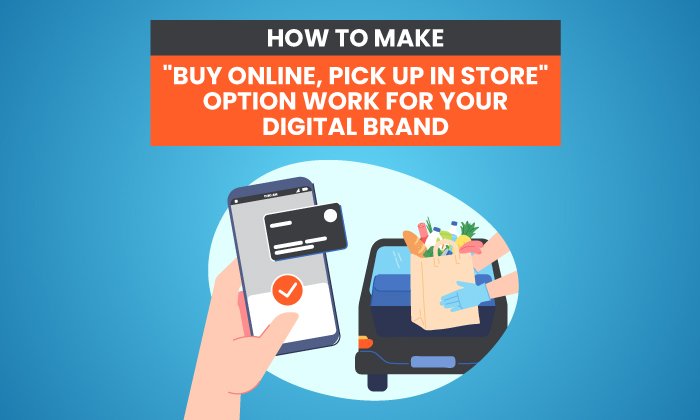How 2020 canceled the concept store
By Jill Manoff
This story is part of Endgames, a Digiday Media editorial package focused on what’s next, what’s coming, and what’s being phased out in the industries we cover. Access the rest of our Endgames coverage here; to read Glossy’s Engames coverage, click here; Modern Retail’s coverage is available here.
In 2019, West Coast retailer Fred Segal hosted 75 different parties and events at its flagship store in Los Angeles.
Allison Samek, Fred Segal’s president, said the company’s namesake founder had intended for the flagship L.A. store to be a “daytime nightclub” at the core of the business, so events like film festivals and Friday happy hours made sense.
But by March of 2020, as the spread of coronavirus ushered in a pandemic, the 59-year-old retailer began thinking more about convenience. Samek accelerated the company’s digital growth plans, resulting in a revamped website featuring hundreds of additional products and expedited shipping options, including through Postmates. It also launched curbside pickup and an online concierge service, as well as a weekly virtual shopping event called Fred Segal Live. As a result, its site e-commerce has seen 200% sales growth year-over-year.
“Pre-Covid, it was hard not to have a great time in our stores; our customers, employees and the environment simply ‘vibe,’” said Samek. “Covid changed much of what we can do.”
2020 was a tough year for U.S.-based concept stores. In April, less than two years after opening, New York’s 10 Corso Como store closed its doors. In addition to a restaurant and cafe, it featured an art gallery and bookshop. Founder Carla Sozzani, whose original, Milan-based location has been open for nearly 30 years, described the store as a “bazaar.“
Three months later, Neiman Marcus announced plans to close its store in NYC’s Hudson Yards shopping center, which opened in March 2019. Touted by the company as “retail theater,” the store featured a beauty salon and spa, a pop-up florist, three restaurants, and a kitchen offering cooking demonstrations, tastings and mixology classes.
Also in July, Brooklyn-based Kinfolk announced in an Instagram post that it was permanently closing. The store-cafe-nightclub, which was in business for 12 years, was described by the New York Times in 2014 as a “cultural hub.”
It’s not hard to see why the spread of a not-yet-curable disease would make the store-as-cultural-hub less appealing. But with fashion shoppers looking to their phones for inspiration and discovery, stores are now upping their game in other ways, focusing instead on ways they can deepen the relationships they have with their customers.
“If you’re going to leave your house and you’re going to go to a store, it’s about your experience, the customer service and being treated like a queen,” said Stacy Igel, founder and creative director of contemporary streetwear brand Boy Meets Girl, agreed. Since 2001, she’s sold her brand in retailers from Colette to Macy’s.
Igel said the Colette model of offering constant newness is what shoppers want in a physical shopping experience, but moving forward, …read more
Source:: Digiday





